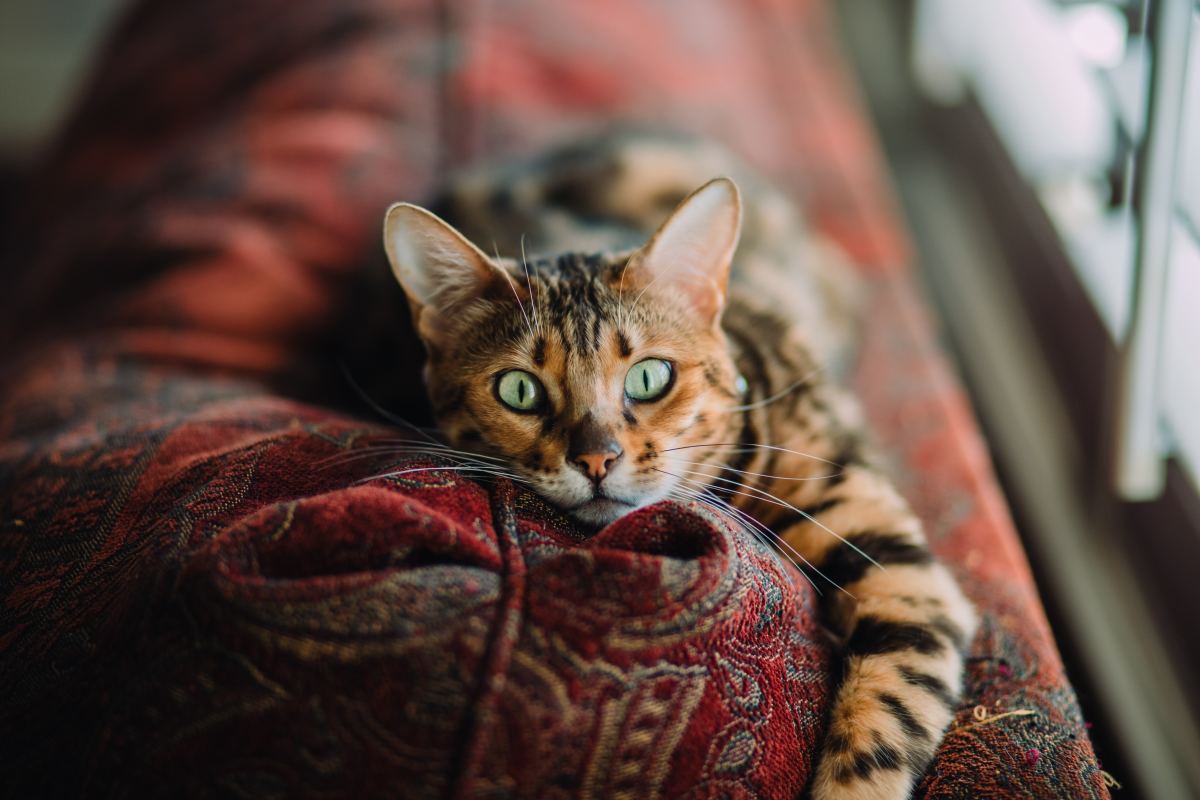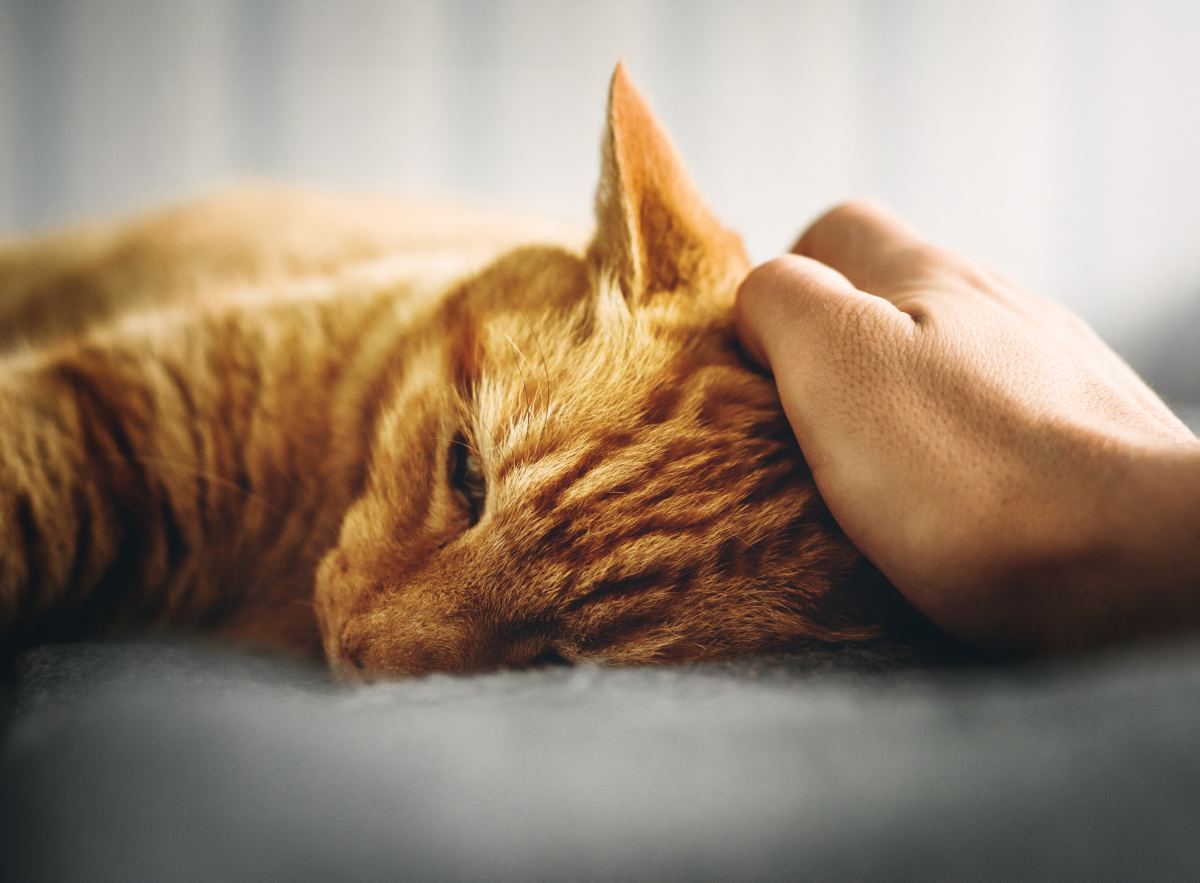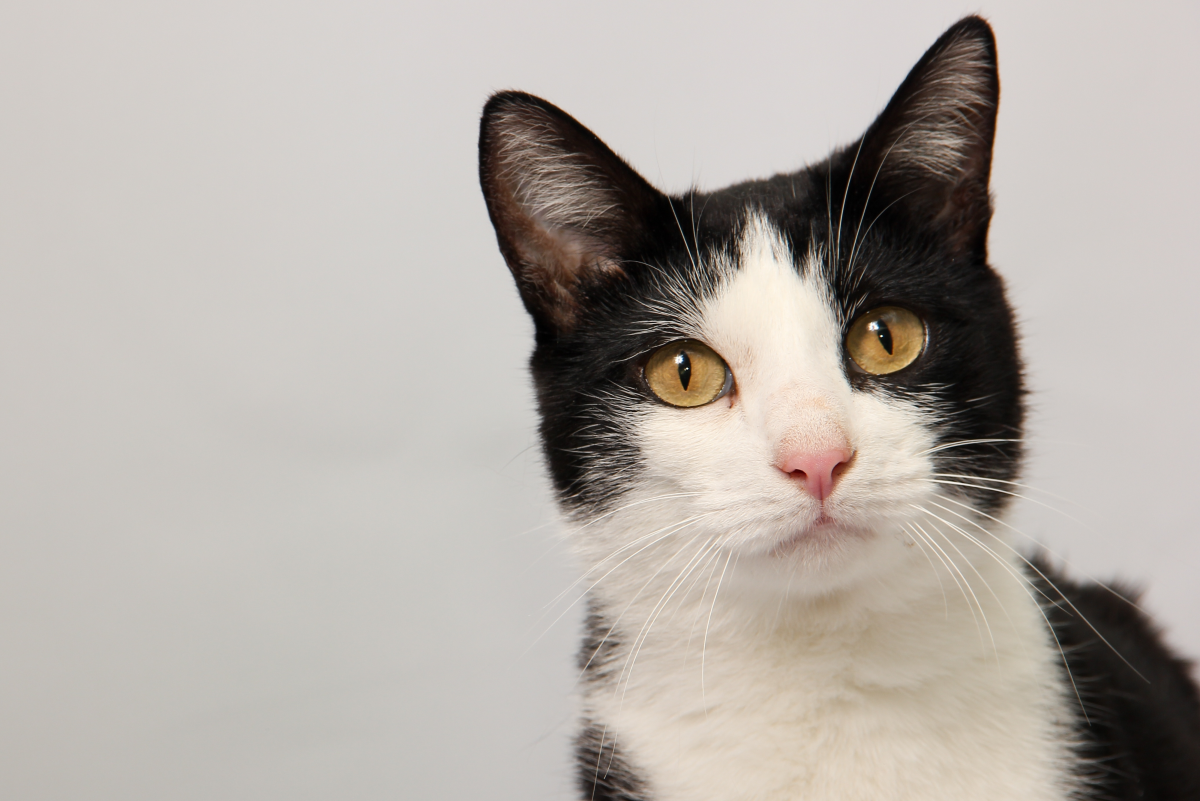Home remedies for Constipated Cats

Some good old remedies for mild cases
A constipated cat is not a happy cat. Your cat may pay frequent visits to his litter box and strain unproductively. As frustrating as this can be, it is of utmost importance that owners differentiate a case of constipation from a case of a urinary tract infection. Both cause trips to the litter box and straining, the only difference is that a constipated cat is straining to produce a bowel movement while a cat affected by a UTI (urinary tract infection) is straining to pass urine.
A good way to effectively differentiate the two is by becoming a detective and taking a look at the litter box, you want to check for feces and urine: whichever is lacking can help you understand what your cat is straining for. Cats with a UTI also may frequently lick their genital area and may urinate small droplets of urine mixed with blood (even though in severe cases there may be no urine output at all). In male cats a UTI can turn deadly quickly due to urinary blockage and toxic waste poisoning. For this reason, it is vital to figure out what is going on exactly.
Cats normally have 1-2 bowel movements a day while constipated cats may go every 2-4 days. Affected cats may become dehydrated and they may also start to vomit. If a cat is straining to defecate and is also unable to keep food down suspect a bowel obstruction from eating a non food item requiring prompt vet attention.
If you are pretty confident your cat is straining for a bowel movement, you may be happy to learn that there are several home remedies that may help your little fellow out. However, help from a veterinarian should be sought if the cat shows no signs of improvement, worsens and/or begins to exhibit other worrisome symptoms.
Home Remedies for Cat constipation
- Pumpkin
Sometimes adding some good old canned pumpkin (plain canned pumpkin not the pie filling one that contains spices) will work wonders. Try to add a 1 to 2 teaspoonful amount to the cat's food. Most cats seem to enjoy this treat and will readily lick it off a spoon.
- Fiber
Fiber will help things get moving again. Metamucil or Benefiber can be added, 1/4 teaspoon to 1 teaspoon a day (mixed to canned food only) may work. DO NOT use Metamucil without canned food, it must be properly mixed in canned because it may be difficult to swallow otherwise. Wheat bran can be another good source by using 1 tablespoon per day. These remedies should help soften the stools and promote relief soo
- Laxatone
Vets offices and large pet retail stores may carry a product called Laxatone. These tubes are good lubricants for cats suffering from hairballs. They also well in constipated cats. Laxatone comes in great flavors such as tuna or malt.
- Milk
Because many cats are lactose intolerant, milk will have a laxative effect. However, give too much and you may end up with the opposite problem.
- Special senior diets
If your cat is senior, a senior diet may work. Diets for geriatric cats offer higher levels of fiber because senior cats are prone to motility problems. Look at the label for good amounts of fiber.
Veterinarian Treatments
In severe, chronic cases your vet may prescribe medication to help your cat go. Lactulose is very common. In some cases, your vet may simply give your cat an enema. Never use an over the counter enema for humans as they can be toxic to cats. Cisapride is given in severe cases of constipation, and most likely in cats affected by megacolon.
Chronic bouts of constipation may lead to problems such as megacolon which is a condition where the colon may lose its muscular motility. For this reason you want to prevent frequent episodes of constipation. Offer fresh water at all times and keep your cat well exercised. Ensure he/she gets some fiber if the episodes tend to repeat. Hopefully, the constipation will be just a temporary problem and once your cat successfully goes he/she will be back to his happy self again.
Disclaimer: this article is not to replace veterinary advice and should not be used as a diagnostic tool. Should you cat appear sick, please report to your veterinarian for proper instructions.







